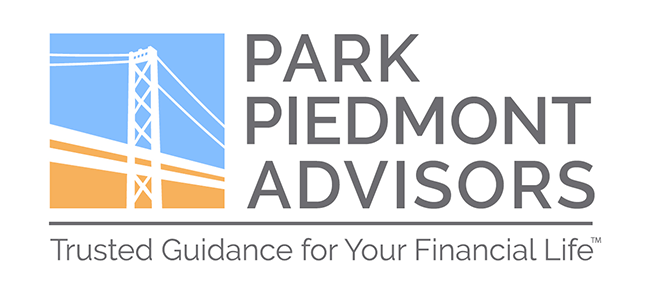“Daniel Kahneman may well have had more influence on investing than anyone else who wasn’t a professional investor.”
That’s a considerable statement, especially coming from Wall Street Journal columnist Jason Zweig, also known as The Intelligent Investor. But considering Kahneman’s life’s work, it’s convincing.
Kahneman – a psychologist at Princeton and the 2002 winner of the Nobel Prize in economics – died in late March at the age of 90. You may know him from his bestselling book Thinking, Fast and Slow. Or maybe as one half of a famous duo.
As Zweig notes, “Before the pioneering work done by Kahneman and his research partner, Amos Tversky, who died in 1996, economists had assumed that people were ‘rational,’ meaning we are self-interested, use all available information to make unbiased decisions, and our preferences are consistent. Kahneman and Tversky showed that’s nonsense.”
That’s because Kahneman and Tversky pioneered what is known today as behavioral economics. In other words, thanks to them, we know now that we don’t actually know quite as much.
As Zweig puts it, “No, people don’t incorporate all available information. We think short streaks in a random process enable us to predict what comes next. We think jackpots happen more often than they do, making us overconfident. We think disasters are more common than they are, making us suckers for schemes that purport to protect us.”
And just in case that hasn’t deflated your confidence in the ability to make good investment decisions, he elaborates further: “We jump to sweeping conclusions from fragmentary data… We overestimate our own experience and expertise. We anchor on irrelevant numbers, exaggerate our successes, and forget our failures” (The Intelligent Investor newsletter, 4/9/24).
So if we aren’t the rational decision-makers we tend to believe we are, how then should we invest?
Here are three lessons on investing from Daniel Kahneman that Park Piedmont has learned from and adheres to.
Make fewer decisions.
“For all his knowledge of how foolish investors can be, [Kahneman] didn’t try to outsmart the market,” says Zweig. “‘I don’t try to be clever at all,’ he told me. Most of his money was in index funds … ‘All of us would be better investors,’ he often said, ‘if we just made fewer decisions.’”
Like Kahneman, Park Piedmont advises our clients to invest almost entirely in index funds – to minimize fees, maximize diversification, and to make fewer decisions where miscalculation can occur.
Don’t try to predict the future.
“The idea that I could see what no one else can is an illusion,” Kahneman once told Zweig.
Despite his influence on investing, Kahneman was no better at predicting the future than we are – or than anyone else is, for that matter. Nobody can predict future events, or how the markets will respond to them, so we don’t try to. Instead, we focus on what we can control: a custom asset allocation that accounts for our clients’ unique goals, time horizons, and risk tolerance.
Focus on the long-term and ignore the noise.
“If owning stocks is a long-term project for you, following their changes constantly is a very, very bad idea. It’s the worst possible thing you can do, because people are so sensitive to short-term losses. If you count your money every day, you’ll be miserable,” Kahneman once said.
We advise the same. Unless your goals, time horizon, or risk tolerance have changed, ignore the financial media and even, largely, the markets. Focus on the long-term, and don’t let the markets themselves dictate your decision-making.
In short, “Investors who take Kahneman and Tversky’s lessons to heart can minimize fees, losses and regrets,” says Zweig. We would agree – and we’re grateful Kahneman recognized our collective limitations in order that we, years later, can craft our guidance accordingly.
